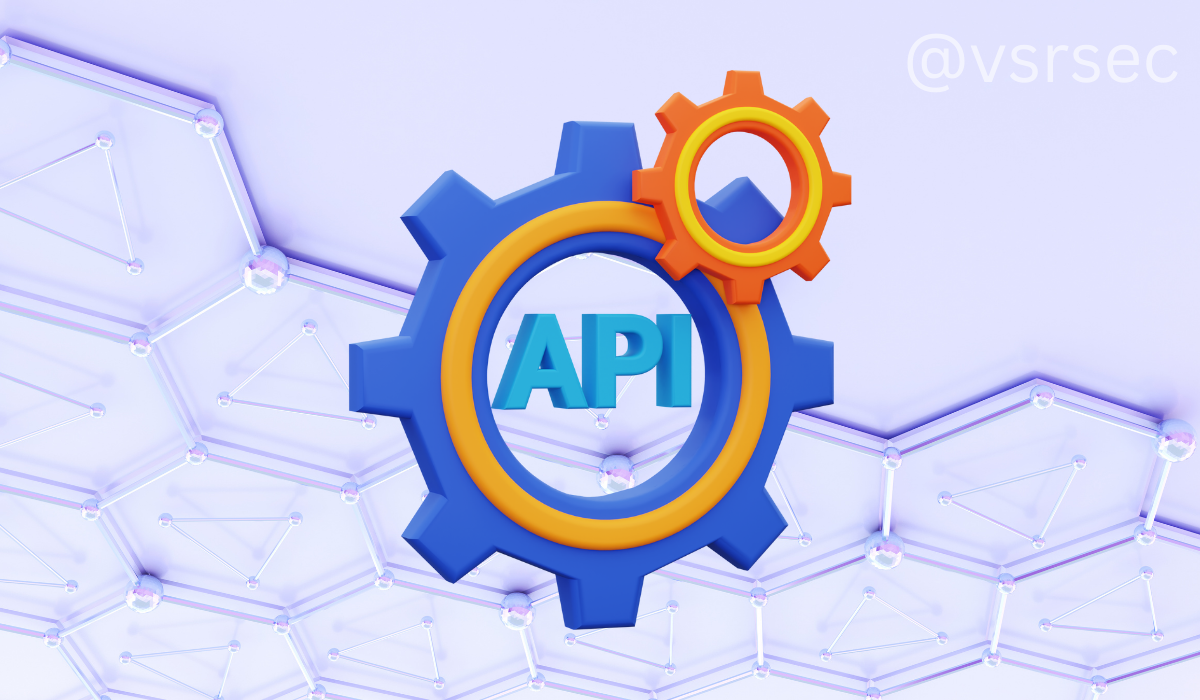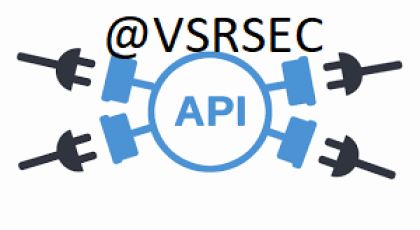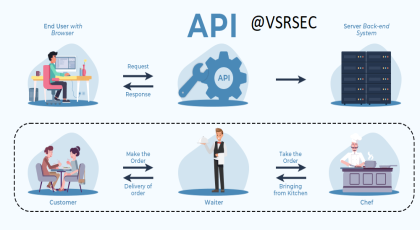JavaScript Fundamentals: From Zero to Hero
Branch : CSE






This course offers a practical and comprehensive introduction to Application Programming Interfaces (APIs), focusing on the essential skills needed to build, consume, and secure APIs in modern software applications. Participants will learn how APIs enable communication between different software systems, how to design RESTful APIs following best practices, and how to protect APIs from security threats.
Through a mix of theory, hands-on coding exercises, and real-world projects, learners will gain proficiency in creating scalable APIs using popular frameworks, integrating third-party APIs, implementing security measures like OAuth and JWT, and documenting and testing APIs to ensure reliability and usability.
Understand core API concepts and different API types (REST, SOAP, GraphQL).
Design and develop RESTful APIs using frameworks such as Flask (Python) or Express.js (Node.js).
Consume APIs using tools like Postman and programmatic HTTP requests.
Implement authentication and authorization techniques to secure APIs.
Test APIs to verify functionality and reliability.
Document APIs effectively using Swagger/OpenAPI.
Apply best practices in API versioning, error handling, and scalability.


Understand API Fundamentals:
Define what APIs are and explain their role in modern software development.
Differentiate between types of APIs such as REST, SOAP, and GraphQL.
Design and Build APIs:
Design clean, scalable, and maintainable RESTful APIs.
Develop APIs using popular frameworks and tools (e.g., Flask, Express.js).
Implement CRUD operations and handle various data formats like JSON and XML.
Consume APIs Effectively:
Make API requests using tools such as Postman and CURL.
Integrate third-party APIs into applications securely and efficiently.
Secure APIs:
Apply authentication and authorization methods (e.g., API keys, OAuth, JWT).
Implement security best practices to protect APIs against common vulnerabilities.
Test and Document APIs:
Write tests to ensure API functionality and reliability.
Create clear API documentation using tools like Swagger/OpenAPI.
Troubleshoot and Optimize APIs:
Debug common API errors and performance issues.
Optimize APIs for scalability and responsiveness.
Apply API Best Practices:
Follow industry standards and design principles for robust API development.
Understand versioning and lifecycle management for APIs.
0 Reviews
Review Course
For Review on Course. You need to Login first. Login Here